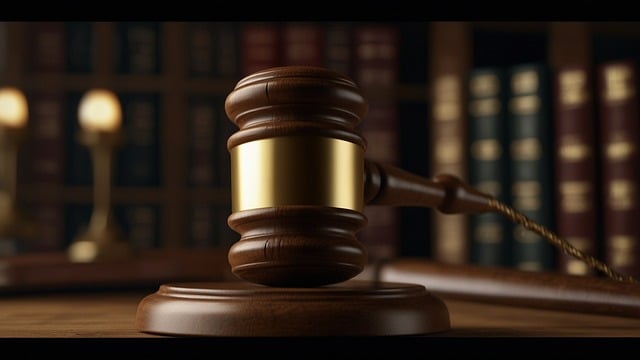Contempt of court, a serious legal issue marked by disobedience to judges and orders, has civil and criminal types with severe penalties. Legal experts navigate these disputes through strategic document review, evidence collection, and negotiation tactics like mediation. Effective communication, facilitated by professionals, is key to resolving contempt cases amicably, avoiding escalation and fostering collaborative environments.
“Contempt of court, a legal term carrying significant weight, refers to various acts of disrespect or willful failure to comply with a court order. This article explores strategies to navigate and resolve such disputes, emphasizing the crucial role of legal expertise. We’ll delve into definitions, types, and effective communication techniques, showcasing how professionals can guide parties toward successful settlement. Understanding contempt is the first step; knowing when to involve legal experts ensures a strategic approach to dispute resolution.”
- Understanding Contempt of Court: Definitions and Types
- Legal Strategies for Addressing Contempt Disputes
- The Role of Legal Experts in Resolution Processes
- Effective Communication: Key to Successful Dispute Settlement
Understanding Contempt of Court: Definitions and Types

Contempt of court is a serious legal issue that occurs when an individual or entity disobeys or shows disrespect for a judge, court order, or judicial process. It’s essential to understand the nuances of this concept as it varies in degrees and implications. In simple terms, contempt can be defined as willful failure to comply with a court’s order or rules, aimed at obstructing justice. This behavior can range from direct challenges to the court’s authority to more subtle actions like ignoring summonses or failing to provide information requested during legal proceedings.
There are two primary types of contempt: civil and criminal. Civil contempt involves non-compliance with an order designed to enforce a right or remedy in a civil case. On the other hand, criminal contempt pertains to conduct that disrupts or interferes with the administration of justice, often through direct challenge or obstructionist actions during judicial proceedings. Both types carry significant consequences, including fines, imprisonment, or both, emphasizing the importance of adhering to court orders and respecting the legal process.
Legal Strategies for Addressing Contempt Disputes

When facing a contempt of court dispute, understanding legal strategies is paramount. One key approach involves document review and evidence collection. This meticulous process ensures all relevant information is gathered, providing a solid foundation for negotiations or court proceedings. By examining documents, communications, and records, legal experts can identify violations, build a compelling case, and determine the best course of action.
Additionally, skilled attorneys leverage negotiation tactics to resolve contempt issues amicably. This may include mediation sessions where all parties come together to discuss resolutions, fostering an environment conducive to understanding and compromise. Such strategies not only save time and legal fees but also maintain a more cooperative atmosphere, which can be beneficial for future interactions with the court system.
The Role of Legal Experts in Resolution Processes

Legal experts play a pivotal role in resolving contempt of court disputes, offering specialized knowledge and skills that facilitate a swift and just resolution. They guide clients through complex legal frameworks, ensuring they understand their rights and obligations. With their extensive experience, these experts can navigate the nuances of contempt cases, providing strategic advice tailored to each unique situation.
By employing persuasive communication and negotiation techniques, legal professionals help parties reach mutually agreeable solutions without escalating the dispute. Their insights into case law and legal precedents empower them to advocate for their clients’ interests, fostering a collaborative environment conducive to peaceful resolution.
Effective Communication: Key to Successful Dispute Settlement

Effective communication is a cornerstone in resolving any legal dispute, particularly those involving contempt of court. When parties are at odds, open and transparent dialogue can be transformative. It allows for the exchange of perspectives, clarifies misunderstandings, and paves the way for mutually agreeable solutions. Legal professionals play a pivotal role here, guiding clients through this process to ensure their voices are heard clearly and their concerns addressed.
In navigating contempt disputes, words carry significant weight. Precise language, tailored arguments, and active listening can defuse tensions and foster an environment conducive to settlement. This is where legal expertise becomes invaluable; it equips individuals with the tools to communicate effectively, ensuring that their intentions are understood and miscommunications are resolved before escalating the matter further.






